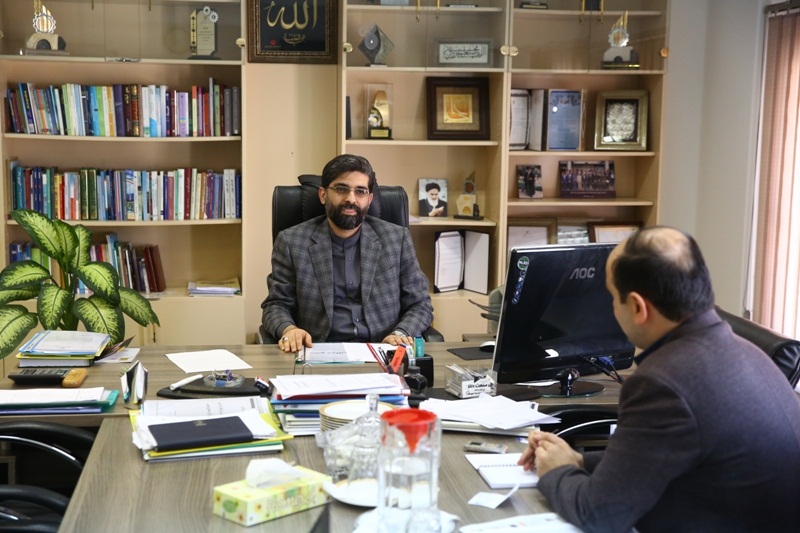
In an interview with the Islamic Republic News Agency (IRNA) on Saturday, he said that the main goal of the sanctions was to damage the industrial sector in the country which could in turn affect other parts of the economy as well but thanks to the wise decisions adopted, the enemies failed to achieve what they had planned.'
'Despite the sanctions, we experienced growth in some sectors like textile and clothing,' Moqimi said.
Iran faced a series of problems in the past Iranian year of 1397 (ended March 20, 2018), ranging from fluctuations in currency exchange rates to US' withdrawal from Iran's nuclear deal and change in foreign policies, which could affect the production in the country, he noted.
He also said that 99 projects have already been planned in car manufacturing industry that will be finalized this year (started March 21) that will reduce currency exit up to 10 percent.
Iran can now produce 200 million electronic cards in a year. The exporters of the cards to Iran had arranged things in a way that importing the finalized product would seem more economical for Iran, he said.
He further said that Iran is highly capable in some other industries, e.g. spare parts, food and railways, therefore the Ministry of Industry, Mine and Trade calls for expansion of indigenization and gaining added value.
Moqimi went on to highlight that in defense industries too Iranian experts are actually pushing back the boundaries of technology.
'In the previous round of sanctions, Iran used the capabilities of defense industries in some parts and will continue to do so in the round of sanctions.'
Saying that defense industries can help car manufacturing and other industries, he added that they have already helped in designing the engine control unit (ECU).
9417**1424
Follow us on Twitter @IrnaEnglish
 solhkhabar | Peace International News Agency Peace International News Agency , Peace News , International Agency News of Peace
solhkhabar | Peace International News Agency Peace International News Agency , Peace News , International Agency News of Peace